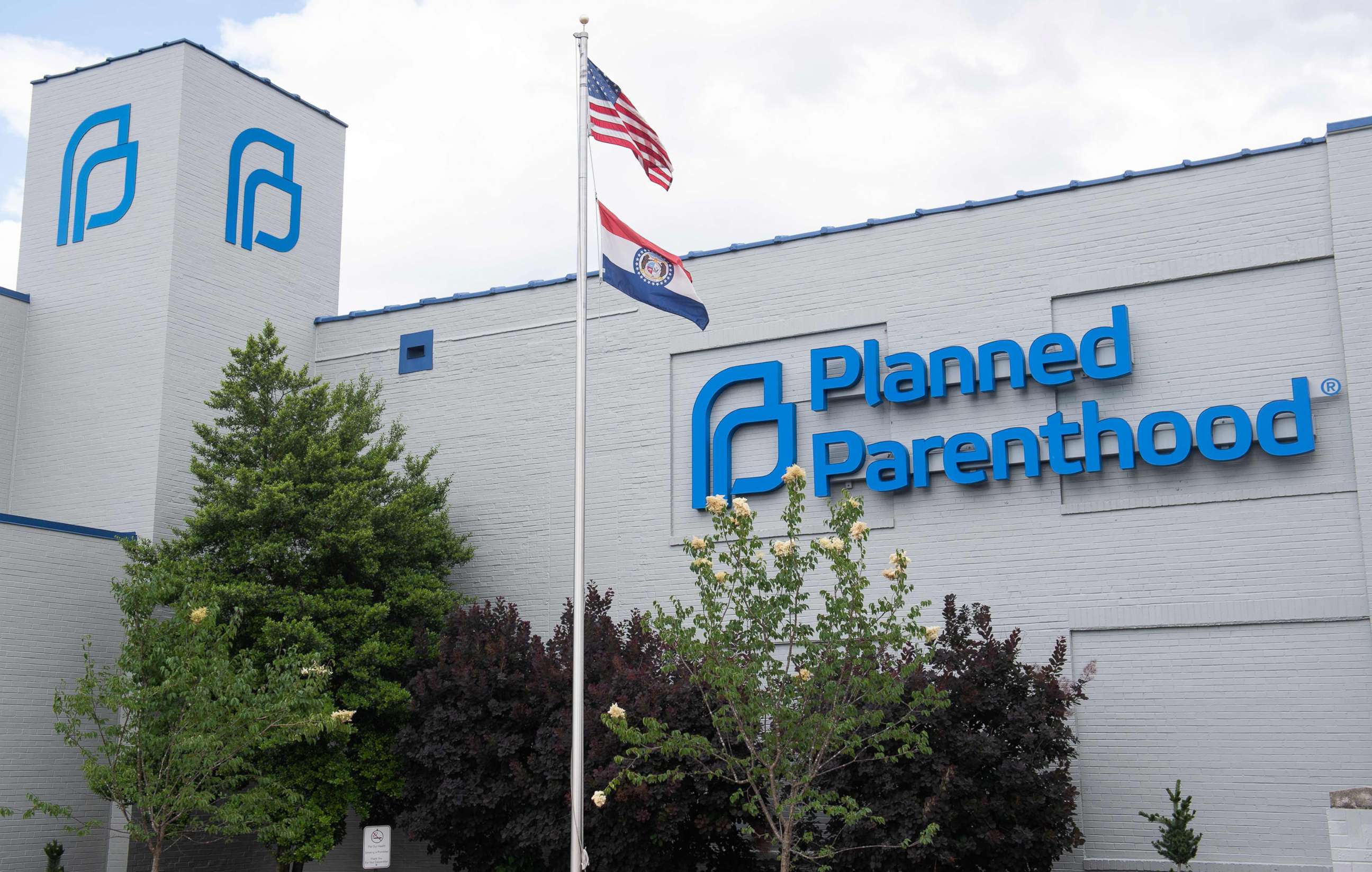Planned Parenthood drops out of federal program over fight with Trump administration
Planned Parenthood patients accounted for 40 percent of program's beneficiaries
Planned Parenthood announced on Monday that it will drop participation in a federal program that supports family planning services because of new restrictions placed by the Trump administration, calling a recent regulation an "assault on access to birth control and reproductive health care, especially for people struggling to make ends meet."
The announcement was the latest salvo in a long-running battle between the nationwide organization known for providing inexpensive health care for low-income women, including abortion, and conservatives who say more should be done to prevent taxpayer dollars from going to any groups that provide abortion services, even if that money is restricted to unrelated services.
The new rules prohibited participating clinics from providing abortion referrals and dictates a "clear financial and physical separation" between family planning services and abortion services.
Planned Parenthood has been fighting the regulation in court, but was supposed to submit by Monday a "compliance" plan with enforcement expected Sept. 18.
Alexis McGill Johnson, the acting president and CEO of Planned Parenthood Federation of America, said in a statement that Planned Parenthood clinics will remain open and urged Congress to act.
"We will do everything we can to make sure Planned Parenthood patients don’t lose care," she tweeted. "While the Trump-Pence administration may have given up on you, we never will."
Mia Heck, an official at the Department of Health and Human Services, said Planned Parenthood was "abandoning" its patients.
"HHS is grateful for the many grantees who continue to serve their patients under the Title X program, and we will work to ensure all patients continue to be served," she said in a statement.
The $286 million program, known as "Title X," started in 1970 to support family planning efforts for low-income women. Nearly 4,000 clinics in the U.S. now receive money through the program, providing care for some 4 million people, many of whom are uninsured. Planned Parenthood is among the biggest providers, serving 1.6 million of those clients.

Under previous rules for the program, participating clinics had to provide a pregnant women seeking an abortion with a referral and information about the procedure if she asked. The provider was not, however, allowed to promote abortion or help with the logistics such as scheduling an appointment or providing transportation.
Under new rules announced last February, any family planning clinic accepting federal money is prohibited from discussing where the woman might obtain an abortion.
Georges C. Benjamin, executive director of the American Public Health Association, said such a restriction is a "gag rule" because it prevents doctors from providing information a woman would need for legal medical care.
"The impact this will have on our most vulnerable populations will be significant," he said in a statement.
While Benjamin and other critics say the new rule restricts abortion referrals, it doesn’t go as far as an earlier proposal by the administration that would have prevented doctors from discussing the procedure at all. Under the latest plan, clinics are still allowed to answer a woman’s medical questions on the abortion procedure, so long as it is "nondirective."
Marjorie Dannenfelser, president of the Susan B. Anthony List, a political organization that opposes abortion services, said Planned Parenthood's actions show it's more focused on abortion services than family planning.
The rule "does not reduce family planning funding by a single dollar, it simply directs taxpayer funding to family planning providers who stay out of the abortion business," she said in a statement. "Women have the most to gain from this news."
In addition to Planned Parenthood dropping participation in the program, one impact of the new rule could be participation by faith-based organizations that would have balked at previous rules requiring they provide medical information on abortions.
The number of abortions in the U.S. has plummeted in recent years, dropping 24% from 2006 to 2016, according to the Centers for Disease Control and Prevention. But the issue has remained a focus for the Trump administration, which also expressed concerns that the previous rule kept anti-abortion groups that promote natural family planning from accessing money under the program.




